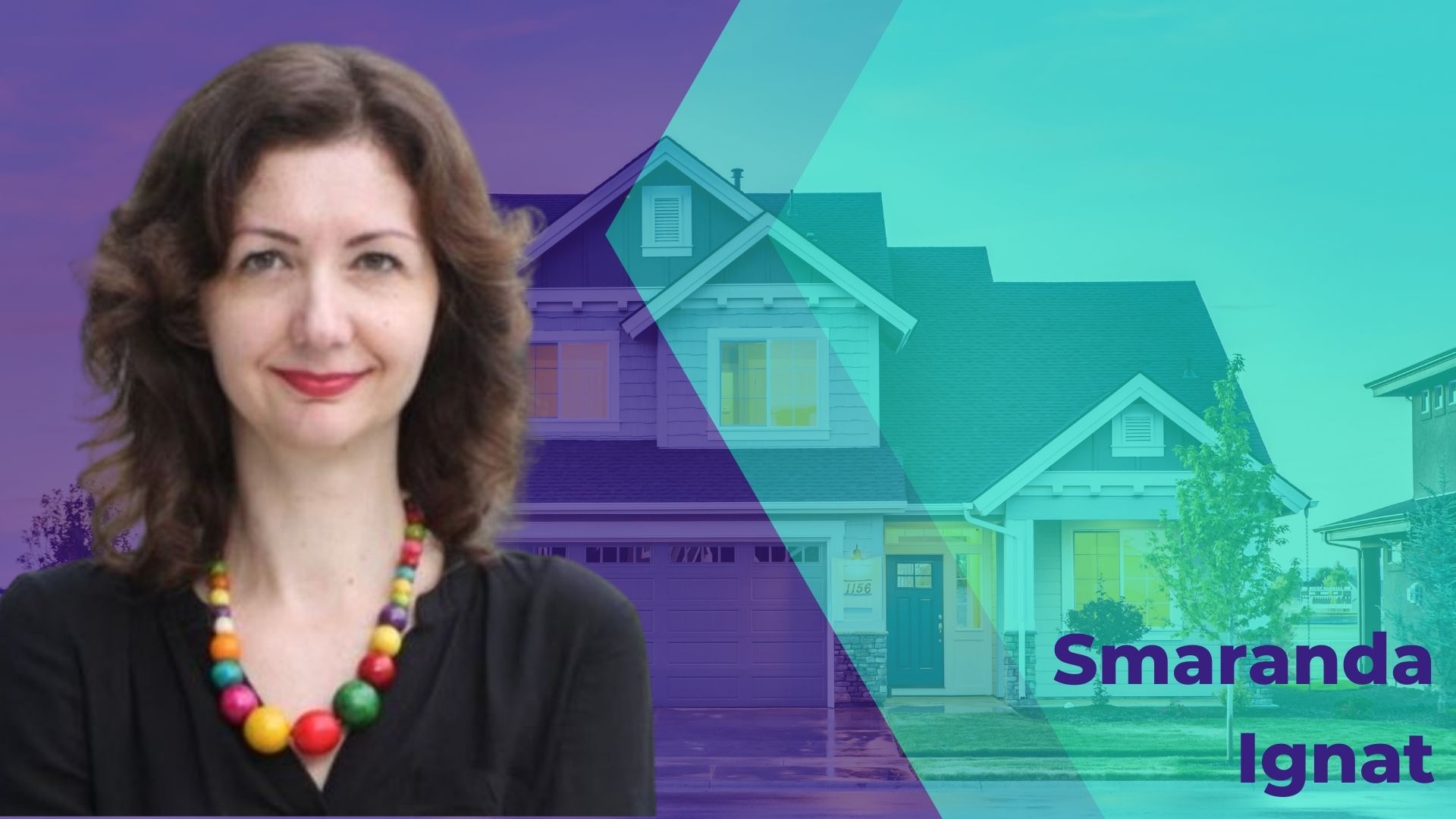To say that the real estate sector has been blooming in Romania for the past decade would be an understatement. But it hasn’t always been as open to technology as it was in the last couple of years. As new PropTech startups make their way into the industry, we take a look at some of the solutions they are building for the developers of tomorrow.
Romania waits for an influx of international investment in local property, while players are trying to get the state involved to keep developing the infrastructure and make the country an attractive destination for investors.
B2B companies are looking for innovative ways to digitize their processes to convince B2C customers they own the keys to their next home. As for the customers, in Bucharest, for example, they are looking for good investments, budgeted between €80K-€100K, with two or three rooms, to be able to get a fast loan from the bank.
The PropTech market in Romania

Before diving into the local startup ecosystem, we asked Smaranda Ignat, co-founder of PropTech Romania, a platform connecting all interested parties to innovate the market, to shed some light on current developments.
She took us on a journey of the evolution of the Romanian PropTech market in the last two decades. The first wave was defined by e-Commerce, as the first online listings sites emerged. PropTech 2.0 was all about smart buildings and smart homes, followed by 3.0 where we are currently witnessing technological motors such as IoT, Big Data, autonomous drones, 5G, AI, and solar power.
“I bet that PropTech 4.0 will be defined by sustainability and ESG (Environmental, Social, Governance), since buildings use about 40% of global energy, 25% of global water, 40% of global resources, and they emit approximately 1/3 of GHG emissions”, Ignat says.
As for the Romanian market, Ignat adds that it follows the European trends, with COVID19 accelerating the adoption of digital solutions in some key sectors (commercial and offices, residential) and shining the spotlight on the pandemic winners, the industrial and logistical spaces.
The PropTech expert describes the top three key developments on this market in 2020-2021:
- Space as a Service became mandatory in commercial real estate to add value to properties;
- Remote access/visualization of listings was the focus of most startups, from creating virtual tours to automatization of contracts and engagement with tenants or buyers;
- Digitalization of AEC (Architecture, Construction, and Engineering areas) saw an interesting development from smart materials to solutions optimizing activities.
Challenges on the Proptech market
Before the pandemic, the real estate players were facing challenges such as land ownership, rising prices, and a lack of labor force. Now, they find difficulties with potential customers not being able to see the spaces due to restrictions, liquidity from banks on the residential vertical, but also shorter contract periods and space adjustments or building safety upgrades in the office vertical.
“It will be a great challenge to all the real estate sectors to provide the employees and clients with spaces that are proper to live, virus-free, and are making us more productive,” PropTech Romania’s co-founder shares with The Recursive.

Local startups aim to help both B2B and B2C markets research, manage, and transact on the property market. The general goal is to reduce paper trails by aiding transactions, preferably digitally, with security in mind. Data is the currency the tech players are offering to handle, sort, and clean out, as Vlad Costea, co-founder and CEO of Sigtree Technologies shares with The Recursive. His startup connects developers with customers through a digital marketplace.
“The key trends that are most important in PropTech and are driving adoption right now are Big Data, AI and Machine Learning, Virtual and Augmented reality, and the Internet of Things (IoT). Digital tools, smart devices measuring different parameters, and even virtual reality projects in real estate represent avenues to generate data that was unavailable before,” Sigtree Technologies’ CEO explains.
Costea’s focus after founding the startup was an integration platform for IoT systems, like Smart Home and Smart Buildings. He noticed a lack of digital interaction between future and actual tenants and the real estate developers or property managers. Their customers generate data through daily interactions which then improves their processes for the next contracts.
He also shares that growing a startup in Romania is not the easiest of endeavors. They did find a few early adopters to test their solution and provide valuable feedback, but then they faced limited access to venture capital. Costea says there is a big gap between startups targeting local companies and the ones exploring the niche internationally.
The Sigtree Technologies team is looking for a “soft landing”. The CEO wants to develop the business and launch it in two new European markets. They are looking to close a €500K seed investment round where they have secured more than half from Angel Investors. In the next year, the startup wants to support over 100 offices and residential projects, raise a Series A and target bigger markets, like the UK.
What solutions are PropTech startups proposing

Other Romanian Proptech startups tackling the B2B niche are Bright Spaces, a startup offering a platform where owners and customers can interact, which has raised €1.5M to accelerate real estate digitalization in CEE, Apio Digital, which transforms properties into homes with 3D visualization to help future buyers, thus enabling the marketing and sales team to focus on growth; indexAR that delivers an AR virtual walkthrough for developers so clients can take a digital walk in their next home; Milluu, which is a real-estate app dedicated to rentals; and VAUNT, an app offering a SaaS management solution for real estate businesses to save time.
“To manage and sell a residential project, you need to move fast. You need to have a streamlined flow that allows you to move quickly and all the repetitive and dull tasks to be done with at least effort as possible. Selling is a very emotional process that unfortunately is shadowed by all the tasks in between you need to do as a realtor – from giving reports to your manager, talking to a lawyer, bank, and so on,” Irina Constantin, co-founder and CEO of VAUNT, explains.
Constantin shared that in the past year the demand for access to data in real-time for marketing and sales has increased for residential establishments due to people working from home. In the next few years, VAUNT aims to continue its expansion in Central Europe and launch a product in the US market.
What does the future hold?
“PropTech is here to stay and to grow. Analysts even compare it with Fintech as the need is real and some trends focused on digital communication between tenants and real estate companies were also accelerated by the pandemic”, Vlad Costea says.
While Smaranda Ignat believes that VR and AR technologies will make it possible for users to be virtually present in a space that hasn’t even been built. This is a trend known as a Metaverse, a term coined by Neal Stephenson in his 1992 novel, “Snow Crash”.
“None of these would make much sense if we continue to pollute the planet in the same way we did for the last 100 years. Because in the end, any sustainability risk is a financial risk, ESG will have to govern the way we build, manage, and use any type of building,” Ignat concludes.
Discover a full list of who’s who in the Romanian PropTech market.







